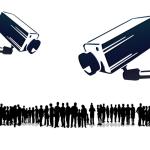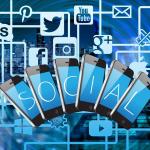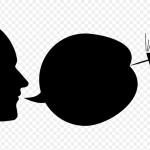Join Cameron English and Dr. Chuck Dinerstein on Episode 138 of the Science Dispatch podcast as they discuss the risks of rapid technological evolution.
social media
Should the federal government pressure social media companies to censor scientific “disinformation”?
Recently, 42 attorneys-general banded together to sue Meta, its minions, and compatriots (the “Meta-monde”) for harming teens, including causing suicide, anorexia, and depression.
“Years ago, I asked a friend what kind of case she planned to buy for her shiny new flip phone. She paused, a little offended. “I don't like to buy stuff for my stuff,” she said.
The constant chirping sound in hospitals is the wide range of alarms notifying nurses and physicians of conditions requiring their attention.
Join our directors of bio-sciences, chemistry, and medicine Cameron English, Dr. Josh Bloom, and Dr. Chuck Dinerstein as they break down these stories on episode 23 of the Science Dispatch podcast.
There's no denying that social media platforms engage in ideologically motivated censorship.
Suicide and Cyberbullying
“Regrettably, it is now apparent that reasonable, intellectually charitable discussions between progressives and conservatives are quite scarce in many places – leaving little room for compromise or legislative success.
Writer’s confession: First, this was written before the “Muskification” of Twitter, but I doubt he will change the concerns I and others are raising. Second, I wish these were my original thoughts, but they are not.












